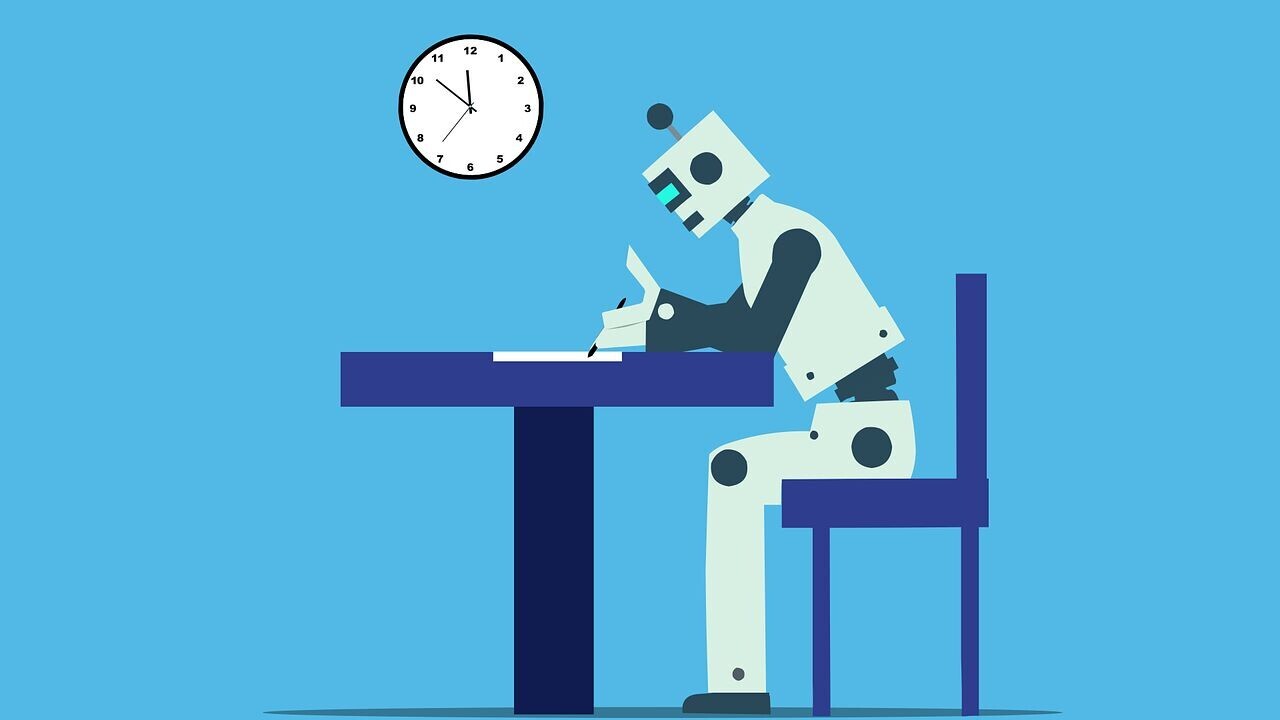Some 11% of job tasks in the UK are currently at risk of AI replacement, a new report by the Institute for Public Policy Research (IPPR) has found. In the worst case scenario, this translates to a loss of 1.5 million jobs — without any GDP gains.
IPPR’s analysis showed that the impact is mostly evident on routine cognitive tasks, such as database management, as well as organisational and strategic tasks, such as inventory management or scheduling.
Back-office, entry-level, and part-time jobs are the ones mostly exposed, with employees on medium and low wages being at the greatest risk.
IPPR paints an even grimmer picture for a future where generative AI becomes more deeply integrated into the labour market. The technology could replace 59% of job tasks, resulting in a loss of up to 7.9 million jobs in the worst case scenario.

“Technology isn’t destiny and a jobs apocalypse is not inevitable — government, employers, and unions have the opportunity to make crucial design decisions now that ensure we manage this new technology well,” said Carsten Jung, senior economist at IPPR.
“Technology doesn’t dictate our fate, and the looming threat of a job apocalypse isn’t set in stone — there’s a window of opportunity for governments, employers, and unions to proactively shape the impact of emerging technologies,” emphasized Carsten Jung, a senior economist at IPPR.
In its optimistic projection, the institute suggests that rather than displacing jobs, AI could enhance and evolve existing roles, potentially adding £92 billion annually to the GDP. With further integration of AI, this figure could skyrocket to £306 billion per year.
Such a symbiotic relationship between humans and AI not only promises economic benefits but also holds the potential to boost employee wages and alleviate labor shortages in critical sectors.
Experts contend that AI can be a positive force in the job market, provided there’s a parallel effort to equip the workforce with the necessary skills.
“It’s absolutely crucial to invest in training,” stressed Michal Szymczak, Head of AI Strategy at Zartis, an AI consultancy in Cork. “Every job will need to integrate AI into its operations.” Szymczak is optimistic, believing that while AI might change the nature of work, it won’t necessarily eradicate jobs altogether. “It’s not AI itself but rather humans leveraging AI effectively that will shape our job landscape,” he added.
Jaeger Glucina, Managing Director and Chief of Staff at Luminance, a legal AI firm based in London, believes that the UK has the potential to prepare its workforce for this transformative era. “Investing in training, upskilling, and early AI education is essential to ensure both current and future workers can navigate this evolving digital realm,” Glucina remarked.
IPPR advocates for government policies supporting green jobs, regulatory adjustments, and fiscal incentives like subsidies to promote job enhancement rather than wholesale displacement.
The upcoming TNW Conference, themed “Ren-AI-ssance: The AI-Powered Rebirth,” will delve deeper into the realms of artificial intelligence. Readers can seize a special offer by using the code TNWXMEDIA at checkout, receiving a 30% discount on business passes, investor passes, and startup packages (Bootstrap & Scaleup). It’s an opportunity not to be missed to explore the AI landscape and engage with the editorial team firsthand.
